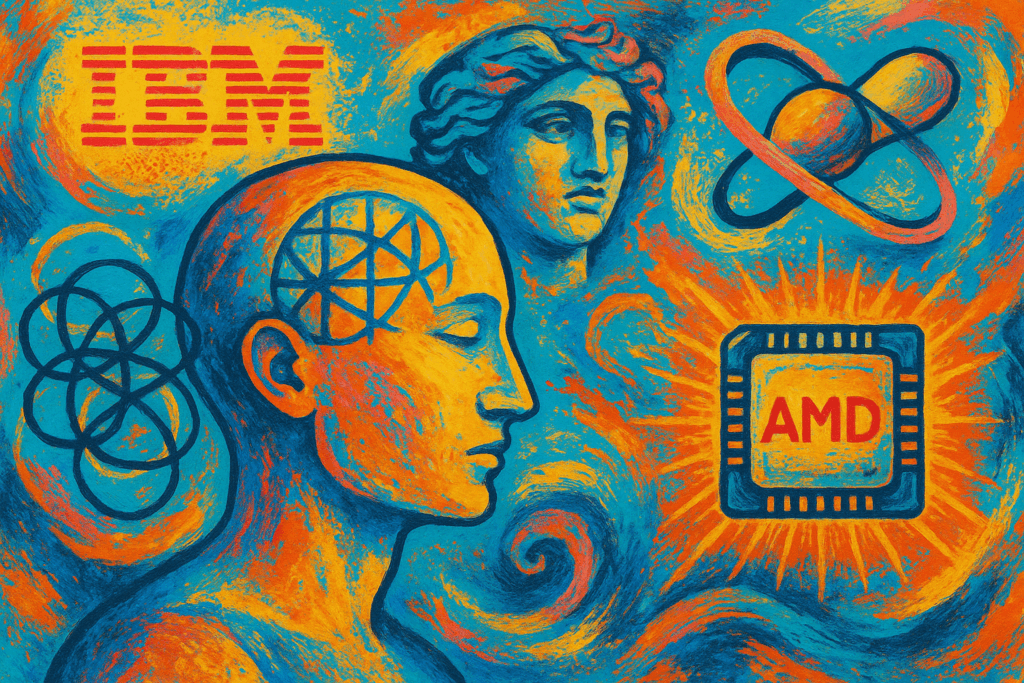Lowering the Barrier to Practical Quantum Computing
Addressing Error Correction Challenges
IBM recently demonstrated the ability to run a quantum error correction algorithm using widely available, affordable AMD chips. This breakthrough tackles one of quantum computing’s fundamental challenges — mitigating errors that arise due to fragile qubits and environmental noise. Traditionally, quantum algorithms have depended on specialized, costly hardware setups, limiting widespread use and experimentation. By leveraging common AMD processors, IBM’s approach could simplify the path toward more stable and reliable quantum operations.
Common Chips for Complex Tasks
Running quantum algorithms on inexpensive, commercially available chips represents a shift in the underlying technology stack. The use of AMD hardware enables quantum algorithms to run in hybrid environments that combine classical and quantum computing resources. This strategy not only reduces costs but also accelerates development times by utilizing existing semiconductor infrastructure, potentially broadening the accessibility of quantum computing technologies.
Accelerating the Industry’s Quantum Roadmap
Implications for Hybrid Systems
The integration of quantum error correction on classical AMD processors supports the growing trend toward hybrid quantum-classical systems. Such systems capitalize on the strengths of both architectures, mitigating quantum errors while maintaining performance. This development suggests a future where quantum computing’s advantages can be harnessed more readily alongside classical computation, fostering practical applications in sectors from finance to pharmaceuticals.
IBM’s Strategic Progress
IBM’s progress signals a strategic pivot in the quantum computing industry, focusing on scalability and cost efficiency. According to IBM’s Jay Gambetta, this innovation aligns with the company’s broader roadmap aimed at delivering practical quantum solutions more swiftly and affordably. By reducing reliance on specialized hardware, IBM is positioning itself to lead an industry-wide transition toward accessible quantum technologies that could stimulate investment and research.
In conclusion, IBM’s successful execution of quantum error correction algorithms on affordable AMD chips stands as a meaningful step towards democratizing quantum computing. This advancement reduces financial and technical barriers, setting the stage for accelerated hybrid quantum-classical system development and a more inclusive quantum ecosystem.




